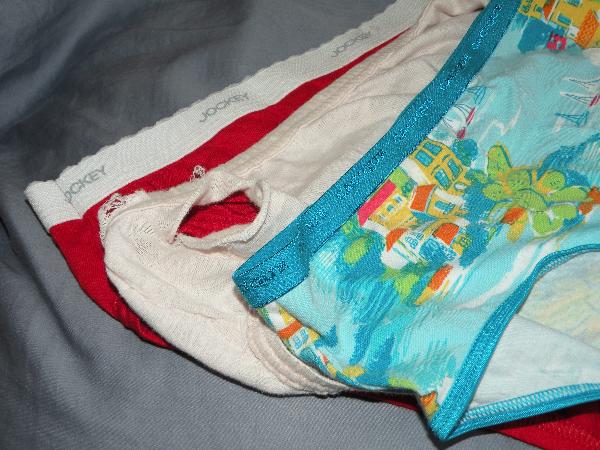The Ugandan government is in a catch 22 situation after the U.S. Trade Representative said on Tuesday it was reviewing trade benefits if importation of secondhand clothes used textile products locally dubbed “Mivumba” is banned
This follows a complaint by U.S. interests about an East African ban on imports of used clothing amidst calls from East African Legislative Assembly (Eala) and textiles industry players to have the imports banned almost immediately.
The US said on Tuesday it was reviewing trade benefits to Rwanda, Tanzania and Uganda under the African Growth and Opportunity Act (AGOA).
USTR said the “out-of-cycle” review was in response to a petition filed by the Secondary Materials and Recycled Textiles Association (SMART), which complained that the ban “imposed significant hardship” on the U.S. used-clothing industry and violated AGOA rules, Reuters said.
“Through the out-of-cycle review, USTR and trade-related agencies will assess the allegations contained within the SMART petition and review whether Rwanda, Tanzania, and Uganda are adhering to AGOA’s eligibility requirements,” USTR said in a statement.
The USTR did not elaborate on why the Uganda and the two countries were singled out for review.
The AGOA trade program provides eligible sub-Saharan countries duty-free access to the United States on condition they meet certain statutory eligibility requirements, including eliminating barriers to U.S. trade and investment, among others.
U.S. AGOA imports from Rwanda, Tanzania, and Uganda totaled $43 million in 2016, up from $33 million in 2015, according to the USTR. U.S. exports to Rwanda, Tanzania, and Uganda were $281 million in 2016, up from $257 million the year before, it said.
Uganda at crossroads
The move follows a decision by the six-nation East African Community – Kenya, Uganda, Rwanda, Burundi, Tanzania and South Sudan – to fully ban imported second-hand clothes and shoes by 2019, arguing it would help member countries boost domestic clothes manufacturing though in a recent discussion with the Eala members on a range of topics, including updates on textile and leather industry, Trade minister Amelia Kyambadde said secondhand cloth business is here to stay for a while because of the demand it commands.
She told the Ugandan former Eala legislators in Kampala, that despite the regional parliament proposal to ban used clothes, the reality on the ground is that majority of the population use them and for that they cannot be done away with just like that.
She said: “Uganda has decided to go slow on the ban on used clothes. The ban on secondhand clothes will be a gradual process as Uganda develops her textile and leather industries.”
She continued: “Secondhand clothes provide employment to many Ugandans. It is also affordable and readily available.”
Statistics indicate that about 80 per cent of textile products consumed in the country are imported, with majority being mivumba – secondhand clothes.
To begin with the limitation of the importation of used clothes, Ms Kyambadde said government has imposed an excise duty on secondhand clothes as the country continues to develop her textile industry.
Also, the National Textile Policy and the National Leather and Leather Products Policy which outline key interventions in the promotion of the two sub sectors is being implemented by the government with the view to promote and protect the local nascent industries from undue competition.
In addition, the Buy Uganda Build Uganda Policy (BUBU) was put in place to promote local products made in Uganda, including textile and leather products.
This will be enforced with a view to reducing reliance on imported products at the expense of locally produced goods.
Currently, Uganda has only three textile industries including Southern Range Nyanza Ltd, Phenix Logistics (U) Ltd and Fine Spinners Ltd, who according to the Trade ministry statement, cannot address the demand if secondhand clothes were to be completely banned.











